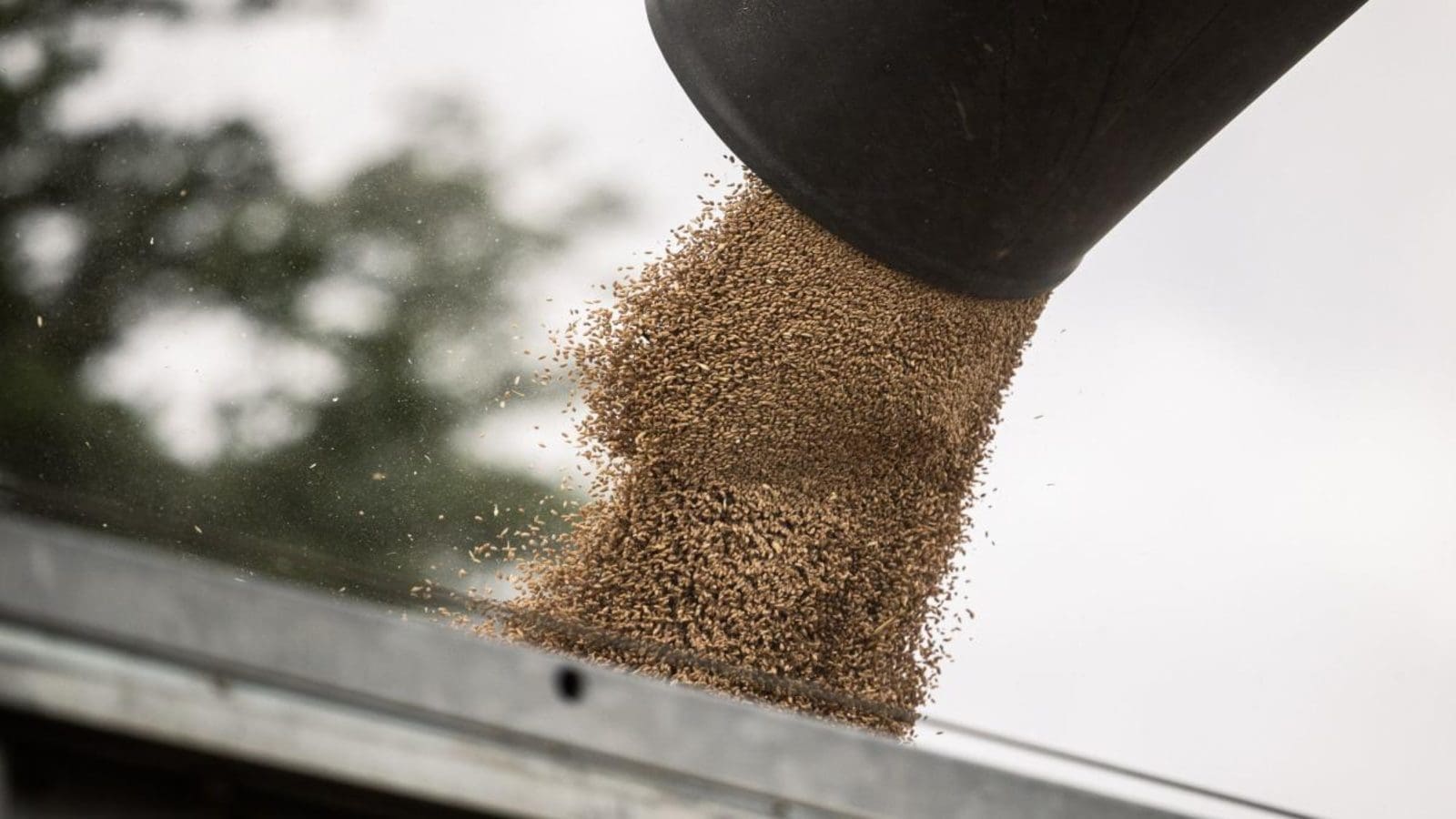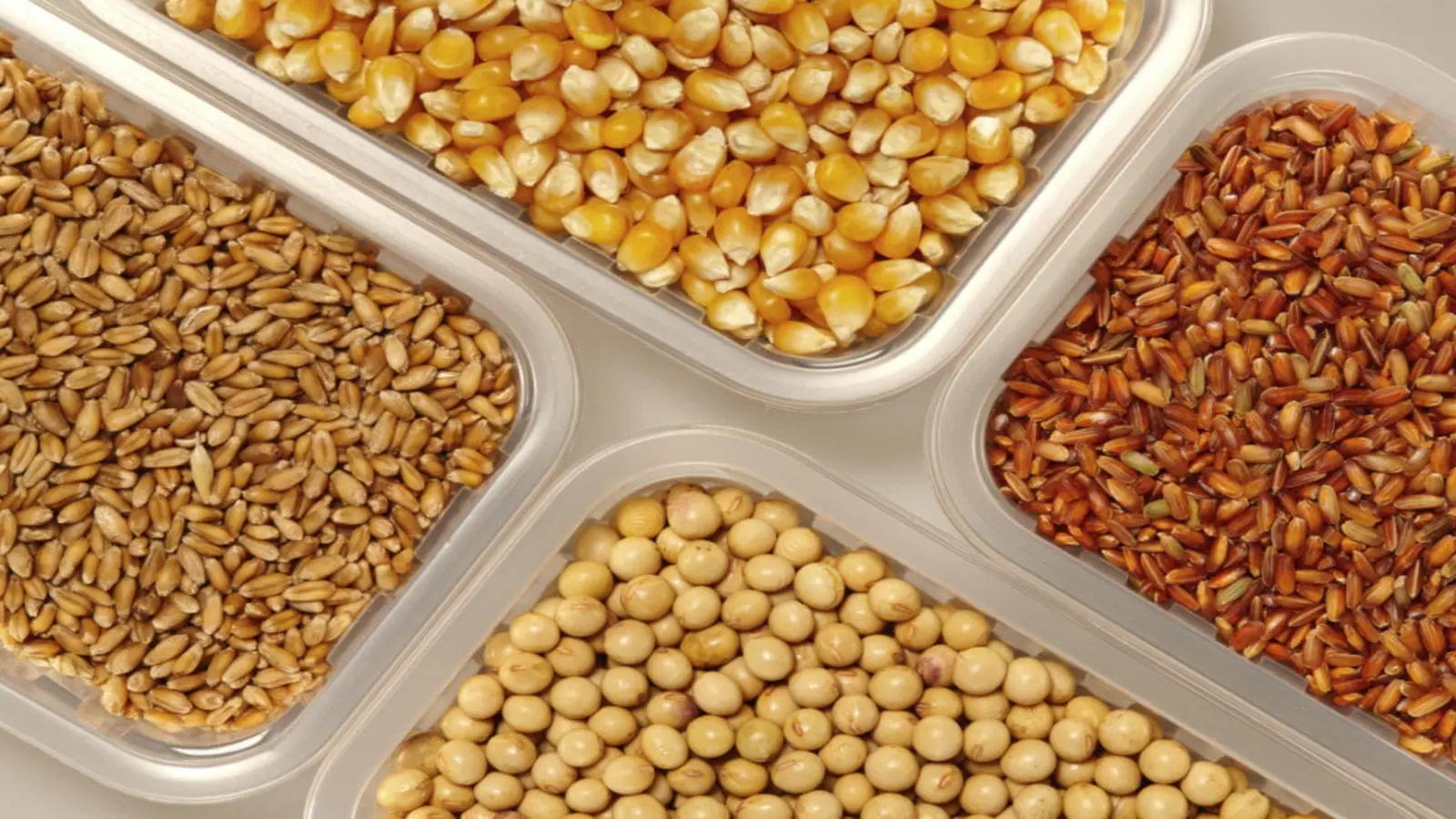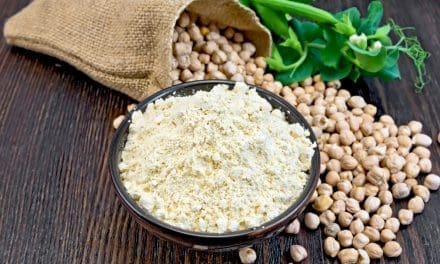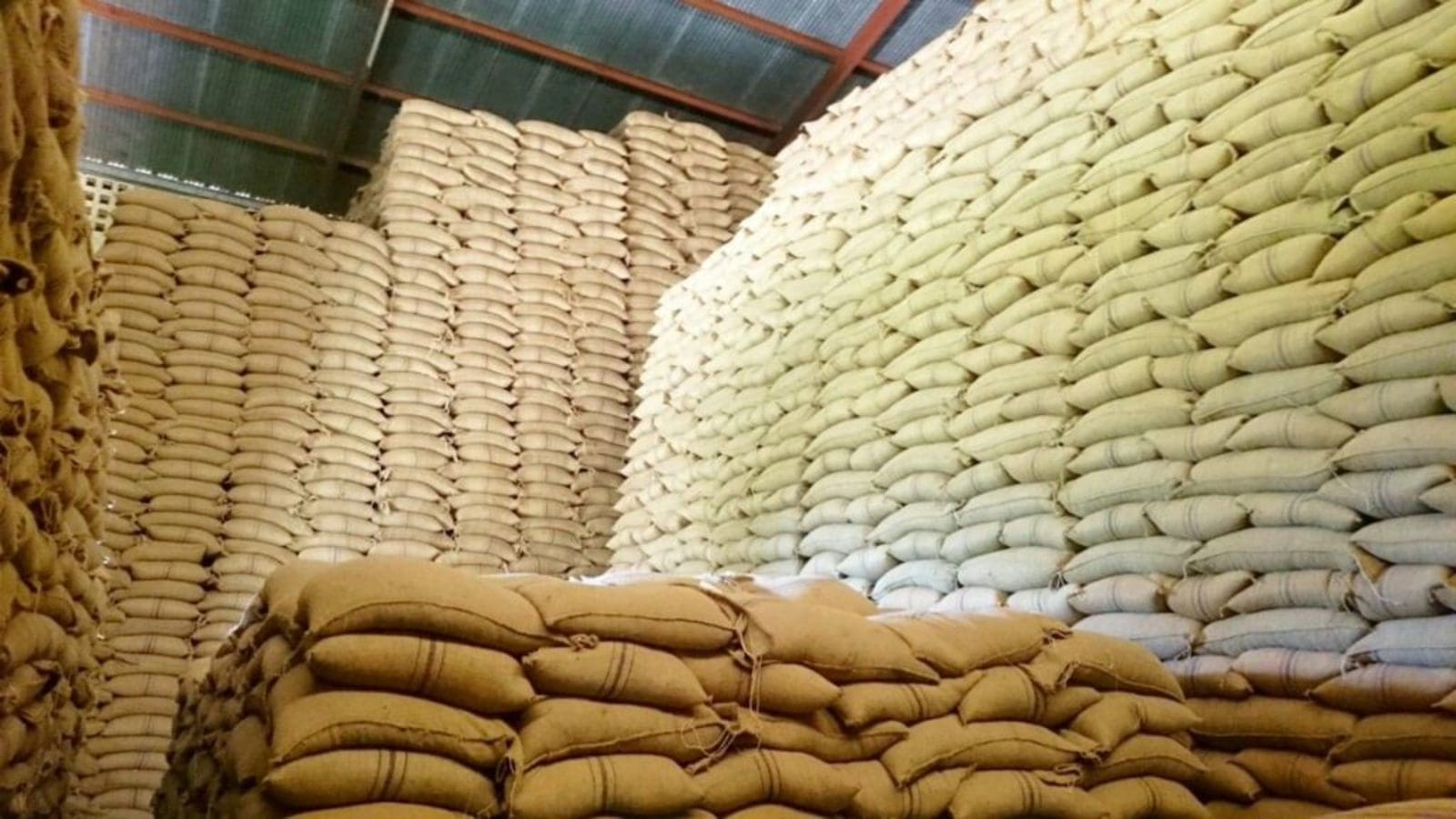SINGAPORE- In spite of growing geopolitical risks and significant macroeconomic volatility in 2022, Olam Agri delivered revenue growth of 18.0% to US$36.9 billion.
Olam Agri, one of three of Olam’s operating groups, accounted for the largest share of the Group’s sales volume at 89.0%, while ofi and Remaining Olam Group accounted for 8.4% and 2.6%, respectively, in 2022.
This revenue increase was due to the significant rise in commodity prices across the grains and oilseeds complex, as well as edible oils and cotton globally.
While the segment posted sale volumes of 38.2 million metric tonnes in 2022, this was a decline of 6.0% from 40.6 million metric tonnes in 2021.
This reduction was mainly due to disruption in grains and oilseeds flows from Russia and Ukraine, which complicated the supply chains and interfered with the sales volume.
However, this reduction was slightly offset by higher volumes in trade flows in the Food & Feed and the Fibre, Agri-Industrials & Ag Services segments of Olam Agri.
In 2022, EBIT (Earnings Before Interest and Tax) for Olam Agri grew 13.9% to US$857.7, accounting for a share of EBIT was 53.3%, while ofi’s share was 46.4%, and the Remaining Olam Group’s share was 0.3% of the Group’s EBIT.
Olam Agri’s operating group also saw strategic investments in Nigeria in 2022, with the Processing & Value-added segment featuring the expansion of its fish feed milling capacity.
Additionally, there was an expansion of its fleet of trucks in Nigeria to more than 1,000, to support the logistics needs of its wheat milling and pasta segment, and the expansion of its rice milling capacity.
To finance its activities and ensure its growing investments in different sectors, Olam Agri benefitted from loan facilities from various sources in 2022.
Olam Agri secured a financing facility from banks in the United Arab Emirates of approximately US$745.0 million, a loan of US$200.0 million from the International Finance Corporation, a US$2.9 billion loan, and a US$2.0 billion bridge financing facility as well.
Overall, the group’s EBIT grew 13.1% to US$1.6 billion primarily due to the strong contribution by Remaining Olam Group and Olam Agri, and the net profit or Group Profit After Tax and Minority Interests (PATMI) declined by 8.3% to S$629.1 million against a strong 2021.
On the other hand, operational PATMI decreased by 18.7% to USS$781.5 million.
“We delivered operational PATMI of S$781.5 million against a strong prior year and saw revenue and EBIT growth in 2022, despite the challenging environment that we are operating in,” Olam Group CEO, Sunny Verghese, said.
One of these environmental challenges includes the disruptions in supply chains caused by the Ukraine war.
Apart from the effects of this war, 2022 saw heightened geopolitical risks and significant macroeconomic volatility, including unprecedented inflationary pressures in many economies and monetary tightening by central governments.
These factors led to volatile markets, higher interest rates, and elevated commodity prices until late 2022 when these prices began to reduce.
What does 2023 have in store for Olam Group?
In 2023, Olam is cautiously optimistic, expecting commodity prices and supply chain disruptions to dissipate from the highs of 2021/2022. However, the group acknowledges that geopolitical uncertainties, volatile market conditions, and high-interest rates could persist.
This year, the group targets an IPO for Olam Agri within the first half of the year, depending on the prevailing market conditions, with a primary listing in Singapore and a potential concurrent listing in Saudi Arabia.
These plans follow the sale of a substantial minority stake (35.43%) to SALIC for US$1.24 billion, crystallizing a benchmark equity valuation of US$3.5 billion for Olam Agri.
Similarly, Olam Group seeks to have ofi listed on the premium London Stock Exchange (“LSE”), with a concurrent listing in Singapore, and the proposed demerger of ofi from the Group.
Meanwhile, Olam Group will also be looking to replace their senior vice president and CMO of Re-Foods, Venaig Solinhac; following her recent exit from the company.
For all the latest food industry news from Africa and the World, subscribe to our NEWSLETTER, follow us on Twitter and LinkedIn, like us on Facebook and subscribe to our YouTube channel










